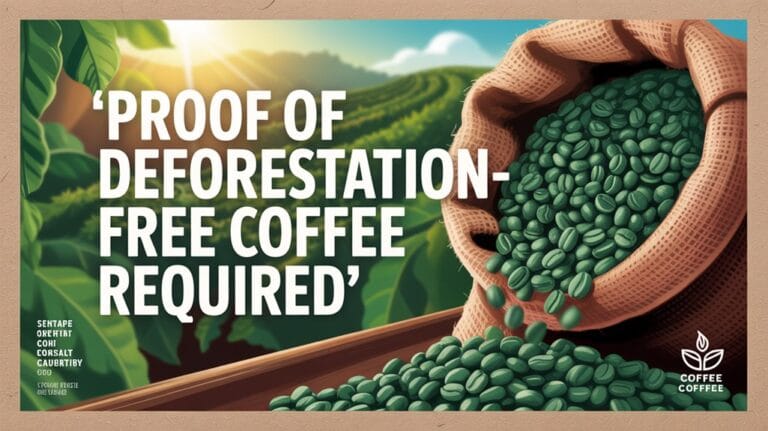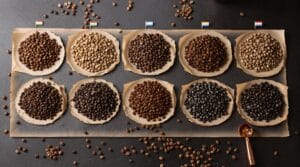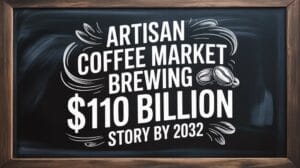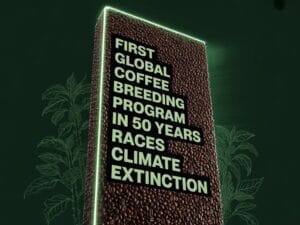As the European Union prepares to enforce its new Deforestation Regulation (EUDR), coffee roasters face significant challenges in packaging their products. The EUDR aims to guarantee that coffee sold in the EU is deforestation-free. This means that roasters must rethink their packaging to comply with the rules. They need to use sustainable materials and highlight transparency to meet the new standards.
Starting from December 30, 2024, coffee roasters must provide proof that their sourcing is deforestation-free. They have to show detailed records, including the geolocation of coffee farms. For small businesses, compliance is expected by June 30, 2025. This timeline is tight, especially considering the long contracting cycles in the coffee industry. As a result, roasters need to start planning their packaging strategies now.
One of the main challenges is how to communicate compliance effectively to consumers. Packaging cannot just be functional; it has to tell a story. Labels must highlight that the coffee is traced back to sustainable sources. There’s a demand for more than just quality coffee; consumers want products that align with their values. Consumer education about what going “deforestation-free” means is crucial. If roasters can illustrate this through packaging, they can attract more conscious buyers.
Adjusting packaging might also require building new partnerships with suppliers who can provide sustainable materials. This shift could lead to higher costs, adding financial pressure on roasters. However, those who accept this challenge can gain a competitive edge in a changing market. Packaging that reflects transparency will help differentiate compliant products from others.





